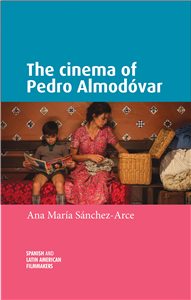Melanie S. Wolfe
Make sure to check out the catalog for more titles. Melanie S. Wolfe is an up and coming author with four self-published books and several manuscripts in the pipeline. She writes fiction that includes a diverse cast of characters with themes that deal with real-world issues and sometimes have a light sci-fi or paranormal feel to them. Her favorite age group falls within the New Adult range but her works appeal to the older YA and adult reader as well. Melanie would like to find representation as well as negotiate domestic and foreign print, digital and audio rights/licensing on her current published works and her upcoming projects. Melanie S. Wolfe grew up between Kansas City, MO, and various places in Oklahoma (USA) where she studied Liberal Arts at the University of Oklahoma. She was a military wife for ten years and served the Army community as a Relocation Clerk while stationed in Bamberg, Germany. She currently lives in Florida with her family and is loving the beach life.
View Rights Portal
























